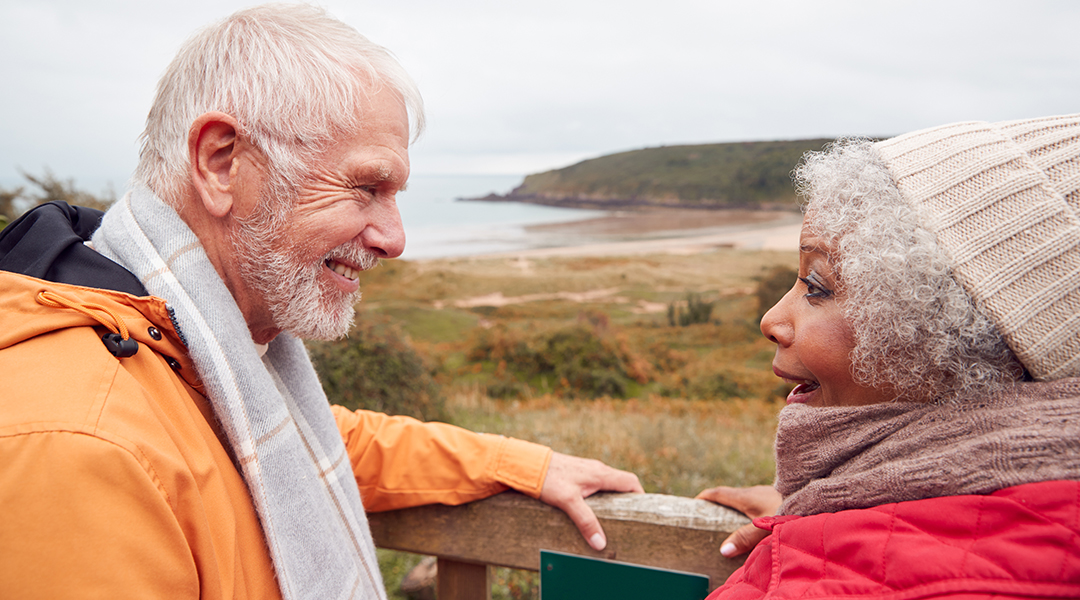Falls become more common with increasing age, affecting 1 in every 3 adults over the age of 65. Most falls result in limited injury, but some falls can lead to fractures, hospitalization, nursing home admission, or even death.
If there is no serious injury from a fall, the tendency among many people is to dismiss the fall as an unimportant event. This can be a missed opportunity for a discussion with your primary healthcare team.
Experiencing one fall puts you at risk for future falls. Like other medical conditions, decreased balance and falls are actually a medical problem that should be discussed with your primary care physician or care team. Falls are often due to multiple factors which, when combined together, decrease your body’s ability for balance recovery. When we are young and lose balance, our bodies have better systems in place to recover balance and prevent an actual fall. This ability can be lost in later years, often due to medical problems or medications.
It is important to tell your primary care physician if you have had a fall or you are worried about falls. Any fall related to a loss of consciousness, confusion or head injury should be reported immediately. Your primary care physician may conduct a falls assessment, looking for medical issues or medications that increase your chance of falling. Your physician may look at medications that increase fall risk, check blood pressure in both sitting and standing positions, evaluate vision, check sensation in your feet, watch your gait, and consider the need for a device (e.g. cane or walker) to help your balance. Other things could be considered, such as a referral to physical therapy.
There are some simple things that you can do to reduce fall risk:
– Remove common trip hazards in your home (loose rugs, cords, clutter)
– Make sure you have good lighting at home. Add night lights in areas where you move around at night.
– Consider a home safety assessment. Some local home care agencies offer a free or low cost assessment.
– Most importantly – Stay active with activities such as walking or even chair exercises. Try to find a local Tai Chi class, as practicing Tai Chi shows strong evidence for preventing falls.
What NOT to do:
– Don’t think of a fall as a normal part of aging
– Don’t discount the importance of a fall
Bottom line
Think of a fall as a potential marker of your overall health, and report any falls to your healthcare team. A primary care visit focused on decreasing fall risk is likely a very good investment of your time. Finally, a discussion about falls is also a great opportunity to ask about your bone health and future fracture risk.

Dr. Preston Peterson | NW Permanente
